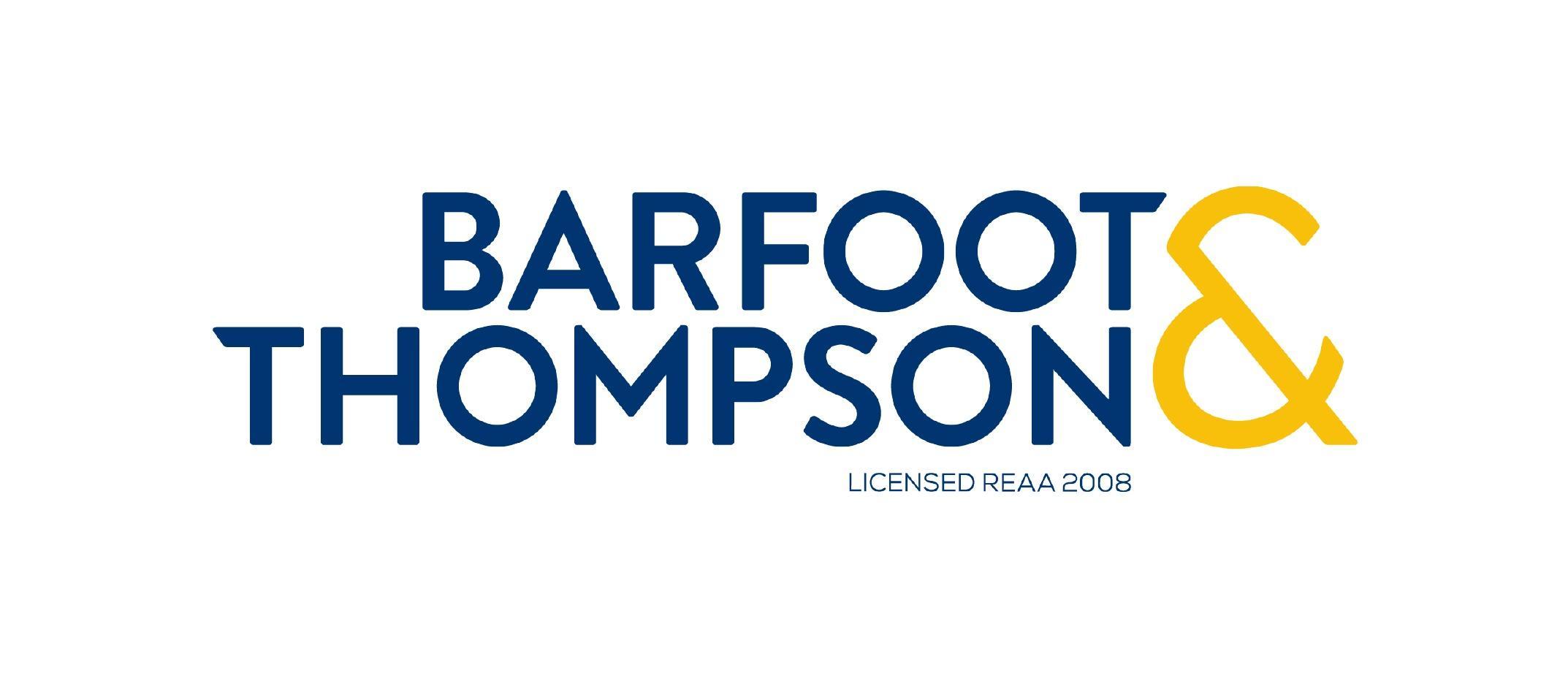The Residential Property Managers Bill (the Bill) was introduced to Parliament on 18 August 2023. It governs only residential property managers (RPMs) and residential property management offices; landlords (including private landlords, Kāinga Ora, and registered community housing providers) are specifically excluded.
Though it is broadly accepted that RPMs should be regulated, the sector continues to disagree over whether regulation should cover private landlords who manage their own tenancies. We share the government’s view that ‘[t]he activities of property owners who … let their own residential properties to tenants are already adequately regulated through the [Residential Tenancies Act (the RTA)]’ and the cost associated with additional regulations on landlords would not lead to a proportional increase in benefits. Fundamentally, the lack of an agency aspect in a direct landlord-tenant relationship makes regulation of this nature out of place. To regulate landlords as you would a property manager would be the same as banning taxpayers doing their tax returns unless they become chartered accountants. The appropriate way for Parliament to mandate better performance and conduct by private landlords is through an RTA amendment.
However, the Bill is not entirely silent on private landlords’ accountability to tenants. Aspects of it can be significantly consequential on poor-performing landlords:
- Repeat RTA offenders prohibited from managing their own tenancies: Embedded in the Bill is an amendment to the RTA that would allow the Tenancy Tribunal to stop repeat offenders from managing their own tenancies and use the services of a licensed RPM.
- Increase TCIT scrutiny on private landlords: A stand-alone regulatory regime for licensed RPMs will allow the Tenancy Compliance and Investigations Team to redirect its resources into monitoring the compliance of private landlords.
Essentially, the government’s message to private landlords is this: We will trust you until you give us a reason not to.
Related webinar: The Residential Property Managers Bill
Repeat RTA offenders will be prohibited from managing their own tenancies (clauses 145 and 146)
The Bill amends the RTA to empower the Tenancy Tribunal, in limited circumstances, to order a landlord who has repeatedly and grossly breached his tenancy obligations to use the services of a licensed residential property manager.
This isn’t about capturing landlords who make the occasional blunder and procedural mistakes (despite some technically being unlawful acts under the RTA). The Bill specifically targets those with a history of causing tenants significant harm on multiple occasions.
The Tribunal has to be satisfied that the landlord has committed any one (or combination) of the following unlawful acts on at least two separate occasions in a five-year period before making such an order:
- s45(1A) or s66I(4) that have to do with the landlord’s responsibilities over cleanliness, maintenance, smoke alarms, healthy homes standards, and buildings, health, and safety requirements;
- s45(1AB) or s66I(5) that have to do with the landlord’s responsibilities over contaminated premises;
- s54(3) that has to do with issuing a retaliatory notice of termination;
- s60AA that has to do with acting to terminate without grounds and
- s137(2) that has to do with contracting to contravene or evade the provisions of the RTA.
Operationally, we would want to see the following details fleshed out in the legislative process:
- Will current and future tenants be made aware of the ban? If so, how?
- Will affected landlords be required to disclose the ban to prospective property managers?
- How will the Tribunal identify and apply the two-strike rule to de facto landlords operating under different entities across multiple properties/tenancies?
- Will landlords be vicariously liable for the actions of their employees? How will the Tribunal handle offending employees who commit further unlawful acts whilst working for a different landlord within the same five-year period?
- How will the Tribunal record landlords’ history of committing unlawful acts and will that record be made public?
Increase TCIT scrutiny on private landlords
Though not explicitly stated in the Bill, it is clear from the Regulatory Impact Statement that the government expects the TCIT to be able to redirect some of its resources into monitoring the activities of private landlords if licensed RPMs are ‘taken off its hands’.
Whether that will in fact be the case will depend on the extent to which the eventual RPM regulator’s (the REA) oversight methodologies overlaps that of the TCIT.
Overall, we see the Bill as a sensible and balanced approach to improving the rental sector’s performance and we look forward to representing our members’ interests in the consultation process.













Add Comment